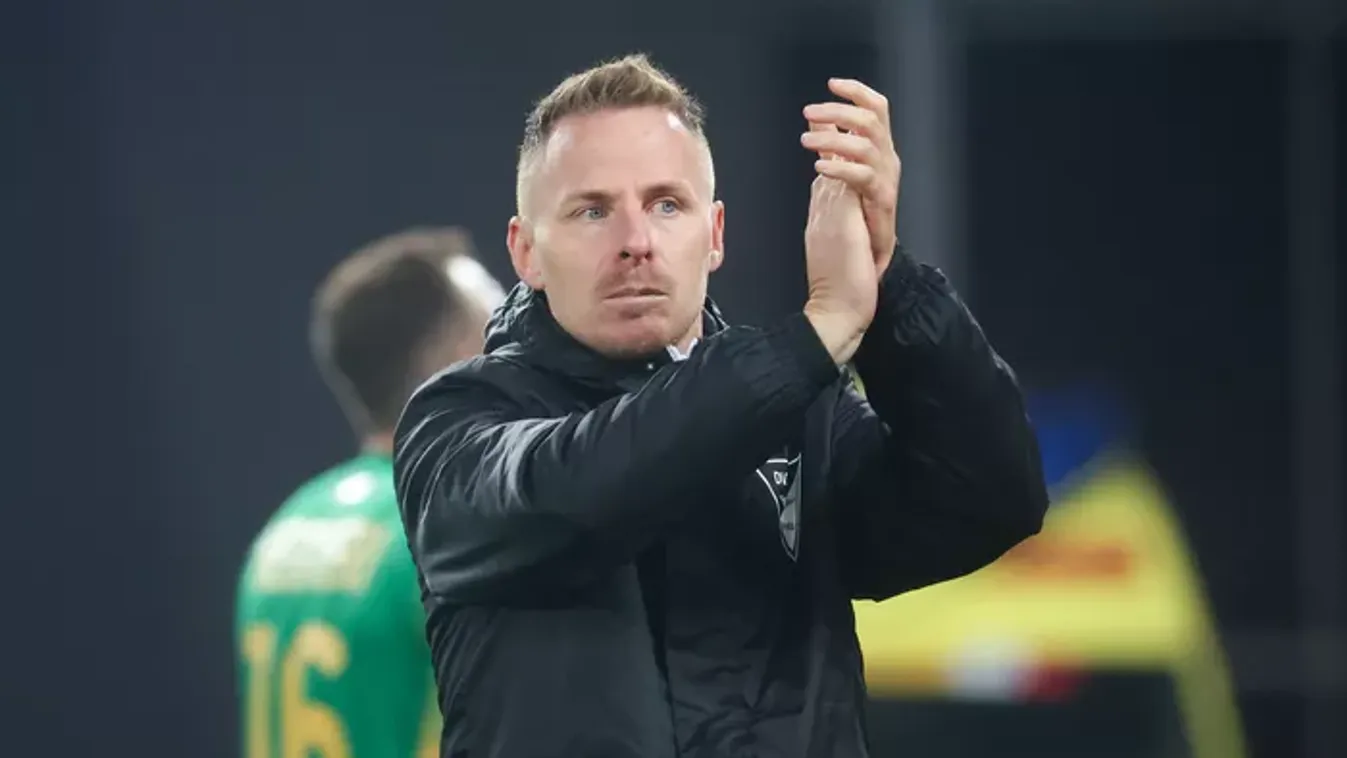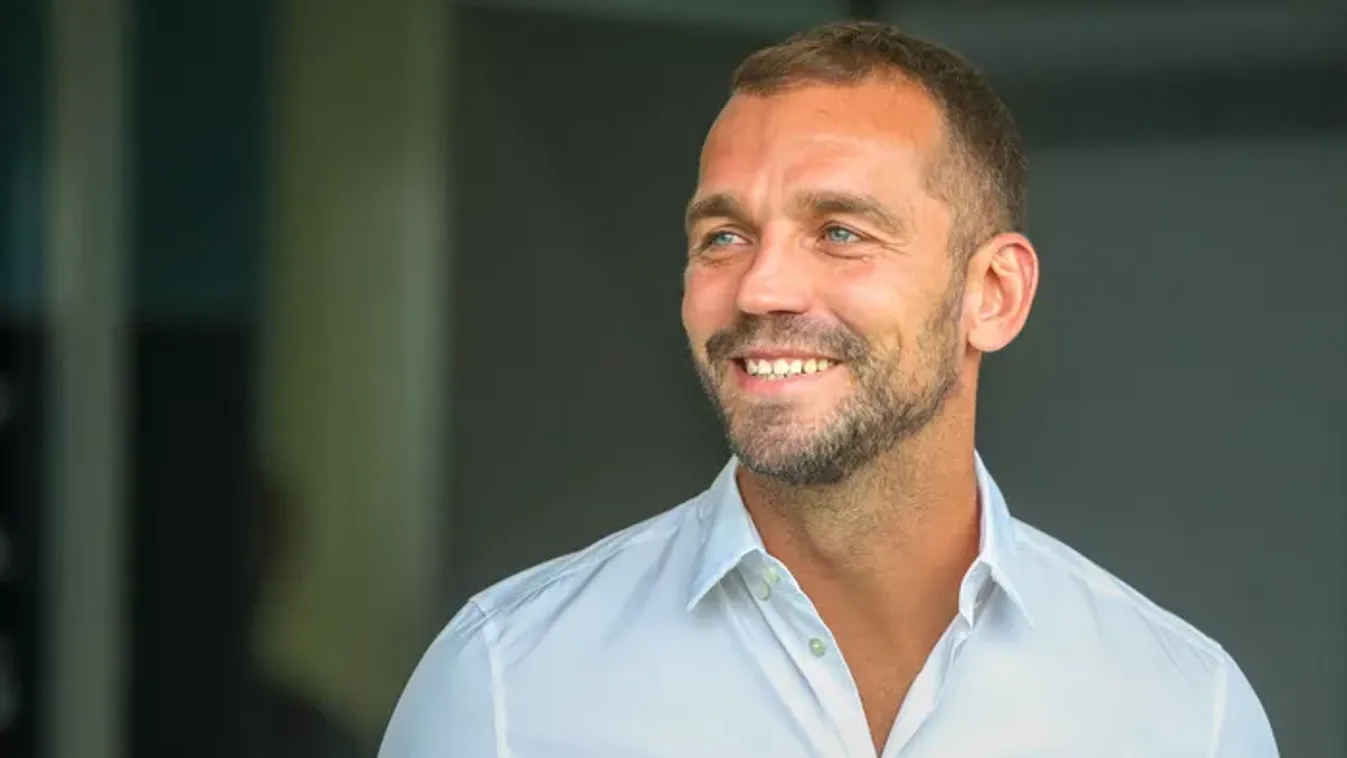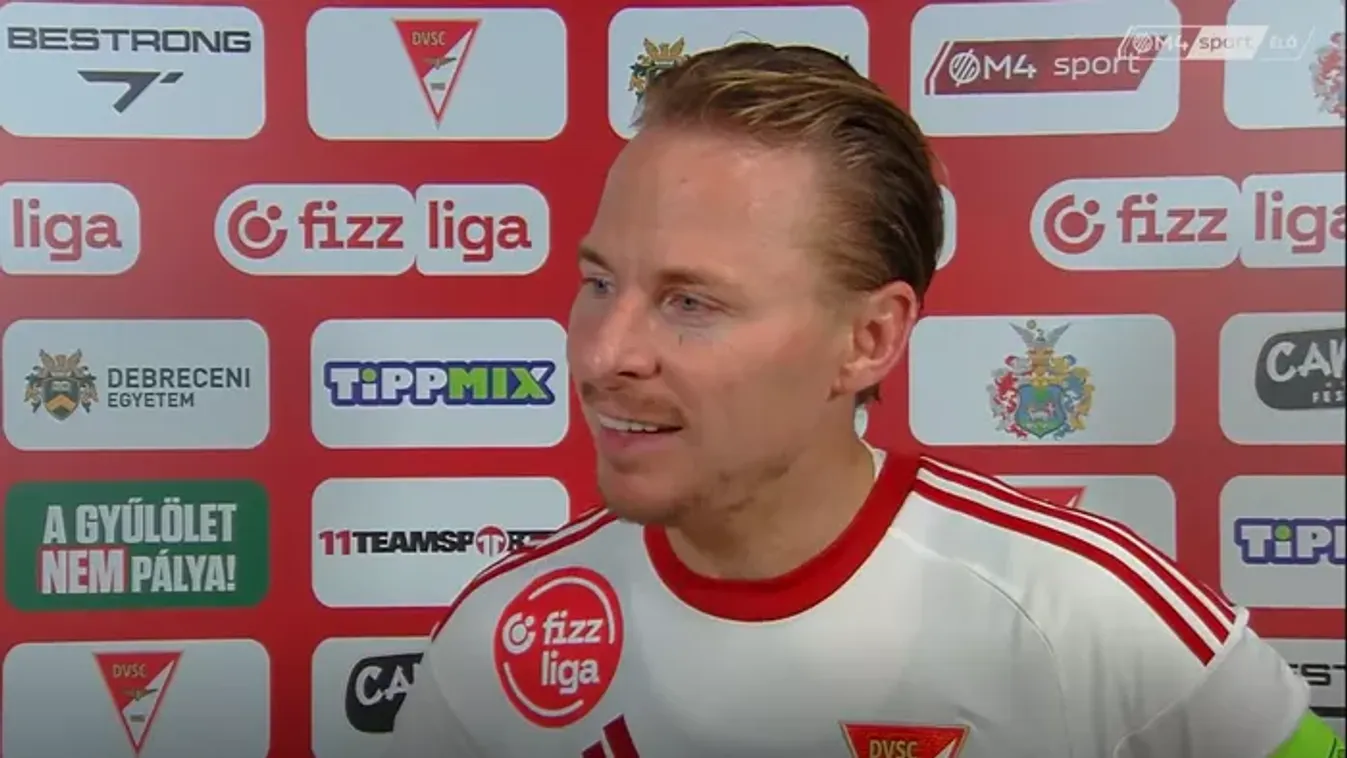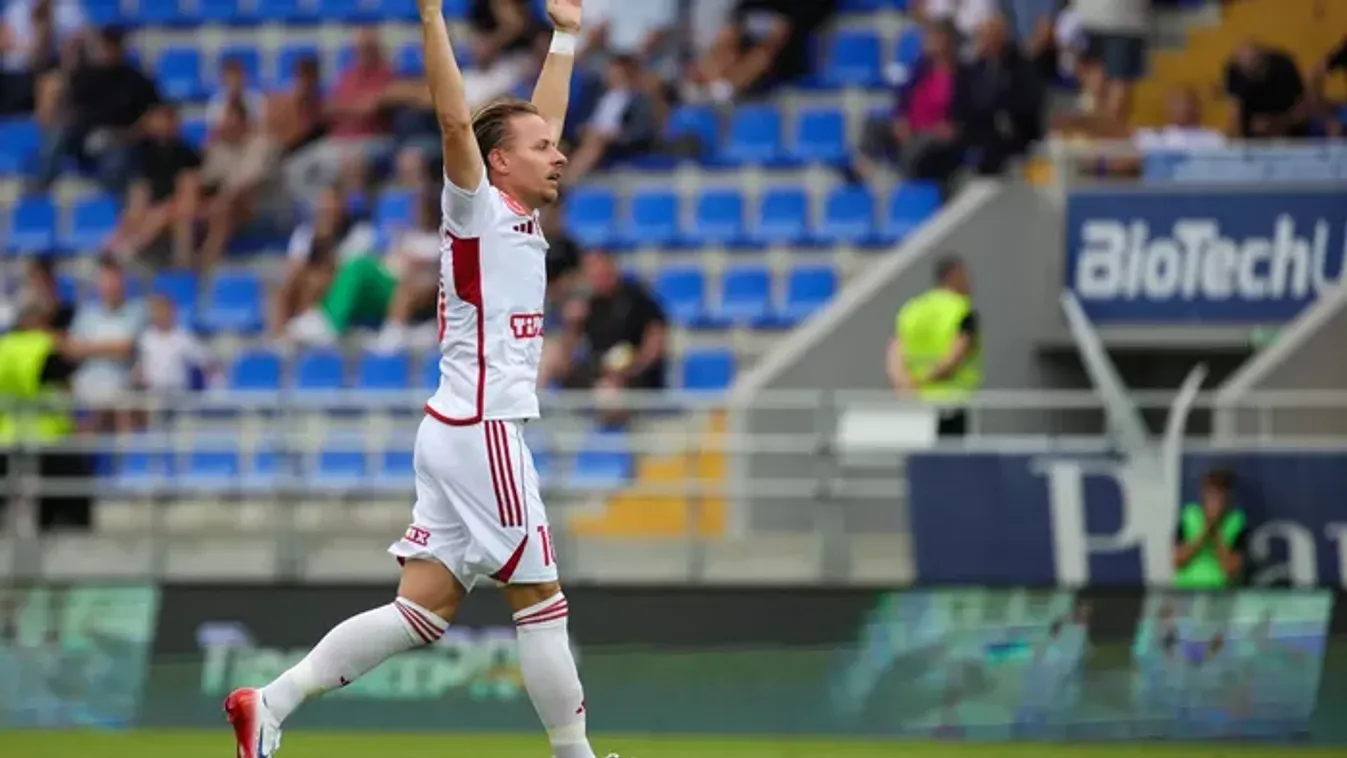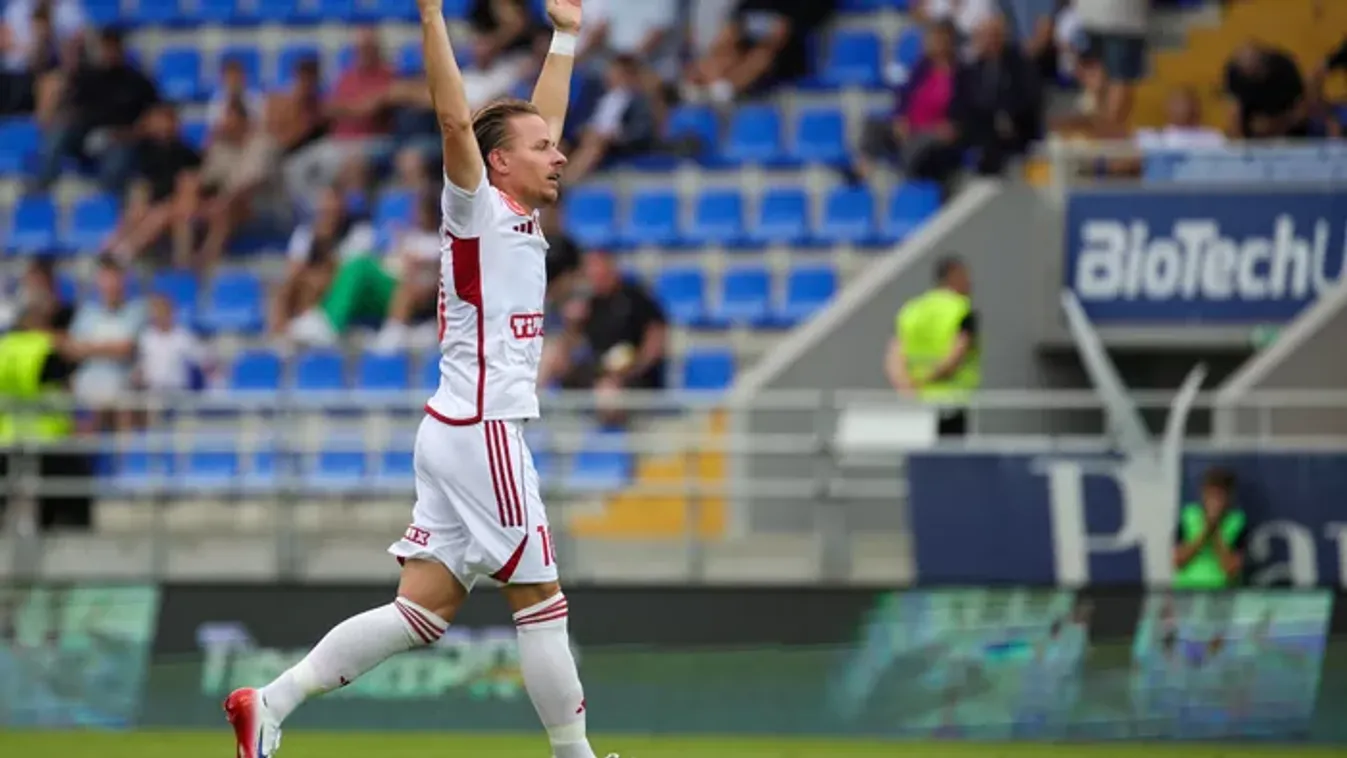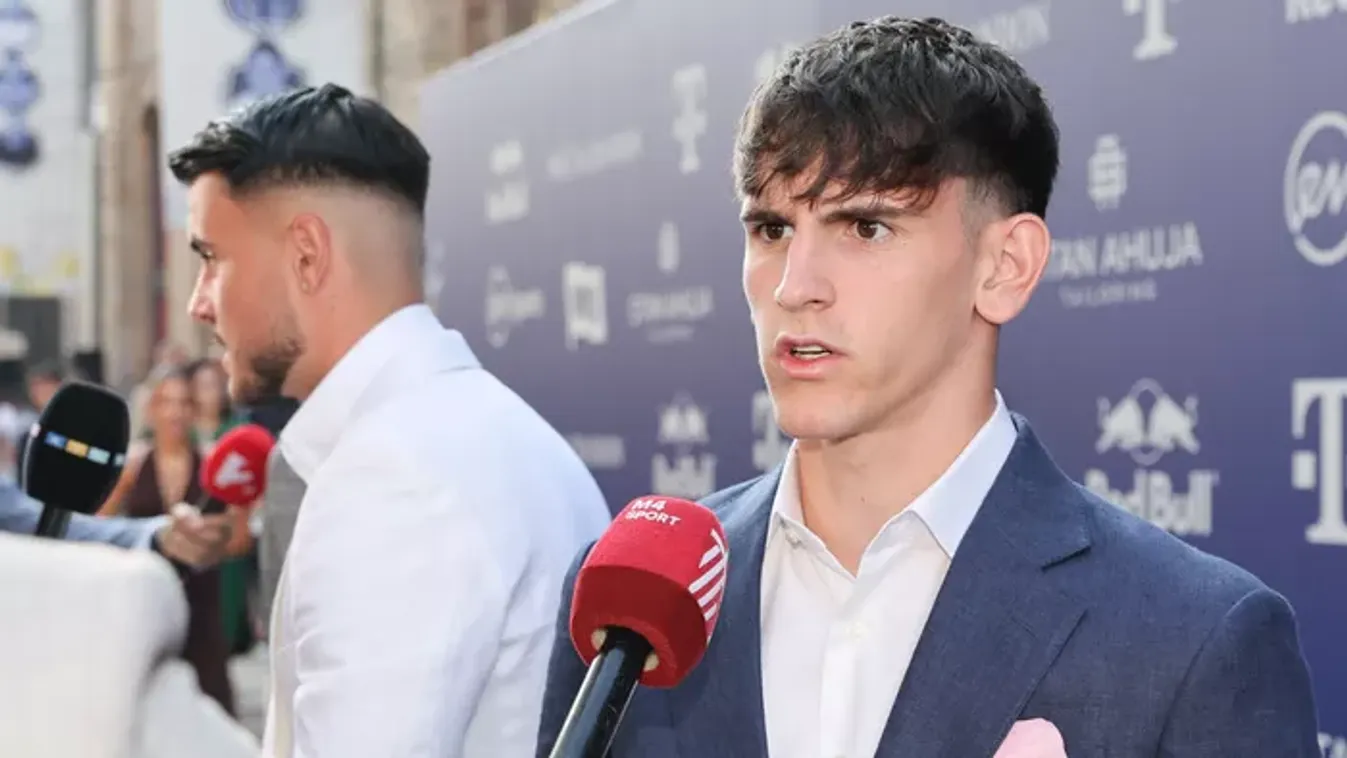Interview: Lazović will always think of Dzsudzsák as a brother
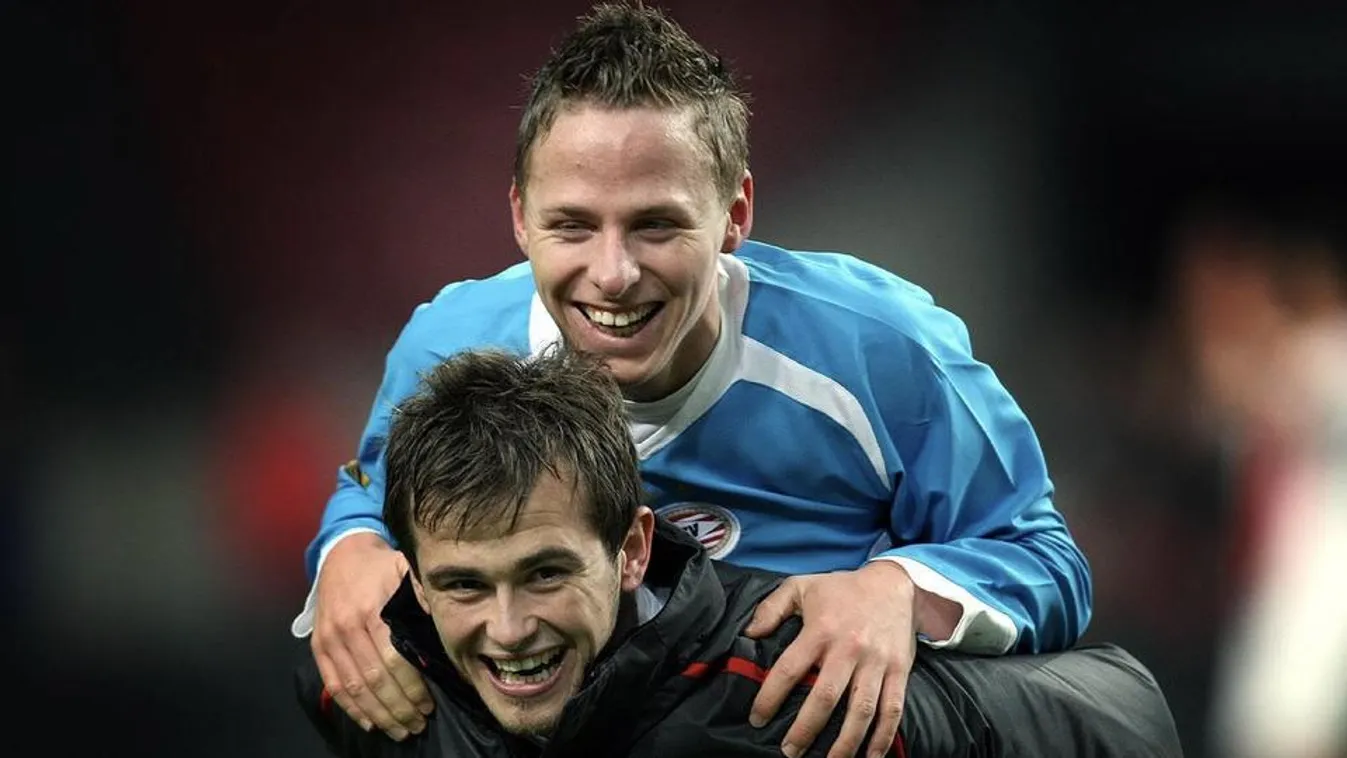
– Do you visit Hungary often?
– Unfortunately, not often enough, but when I can, I like to come – said Danko Lazović. – I had a wonderful time at Vidi, I made friends and I still keep in touch with them. Before that, I was not in Budapest, but in Szombathely where I had a three-day study trip to the Illés Academy. I really liked what I saw there.
– So, you have spent the four years since your retirement studying?
– That's right. First, I obtained my UEFA A and then Pro License, and a few weeks ago, I was awarded the UEFA Pro Diploma. That's the end of the process, I've prepared myself for the next stage of my life and now I'm ready to get to work!
– As a coach?
– Never say never, but I'm not thinking of sitting on the bench for the time being. I'd much rather be a sports director or a club manager; I think I'd be able to find my place in one of those roles thanks to the experience I've gained in my career and the courses I've taken.
WINNER-TYPE PLAYERS NEVER NEED TO BE MOTIVATED
– Speaking of your career: why did you decide to retire overnight in September 2018?
– Only from the outside did it seem like a sudden decision. Many people were surprised when I announced that was it, but believe me, it had been maturing in me for some time. Two years earlier I had moved to Hungary to become a champion in a fourth country after Serbia, the Netherlands and Russia. That didn't happen in the first season, but it did in the second. At the time, I thought it might be the right time to say goodbye, but Zoltán Kovács, the sporting director, and Marko Nikolić, the head coach, convinced me that it was worth continuing. The new season started and we did well, reaching the playoffs in the Champions League qualifiers. But then AEK Athens stopped us there - it came down to a single goal... It was very disappointing also because I thought our team was capable of making it to the group stage. By failing at the last hurdle in the Champions League, we had reached the final eight of the Europa League, which was a success, but I was still disappointed because I felt we had missed a huge opportunity. And there was something else: I was playing well, and I wanted the fans to remember me as someone who could play football; I didn't want to wait for the day when I would be booed out from the pitch. So, that’s how I quit.
– Did you regret it afterwards?
– I could have done another two or three years, but would that have made me more? I don't think so. I spent those two or three years studying, and today, I say I couldn't have made a better decision. I look back on my career with happiness, football has given me a lot, what's more, even to my family and friends, so I think it's time to give something back.
– When was your career at its peak?
– During my years in the Netherlands and Russia. I loved playing football for PSV, we had a great team of footballers, we won the league and the Dutch Super Cup. I was young then, but at Zenit, I was already considered an experienced player. I was no longer a child, no longer a talent, but a grown man, a father – so basically, I achieved great success as a mature footballer because we had won everything we could in Russia.
– You celebrated with a Hungarian footballer each at PSV and Zenit...
– Balázs Dzsudzsák and Szabolcs Huszti are two wonderful players. I got to meet two great people, and I was lucky to play football with them. I can safely say that Balázs and Szabolcs are among the best Hungarian footballers of the last 20 years.
– Who do you think is the better player?
– In terms of knowledge, it was almost impossible to distinguish between them, they both represented a high level. But Balázs was more than a teammate to me, and more than a friend – I consider him my brother. When he moved to Eindhoven, he could count on me for anything, when I signed for Székesfehérvár, he helped me with everything. I can say the best about him as a player and as a person, if good or bad things happen to you, you can be sure he's there for you. The way he represents his country, and his clubs is fantastic, many people could take a leaf out of his book. It was an honor to watch his farewell match with the national team in the company of the people most important to him. It really made me feel like family.
– And how do you feel when you look at the NB I table and see that Vidi is in eighth place?
– I am not happy. Fehérvár is capable of much more than that! Why the team has not performed as expected in the last one or two years is not for me to analyze, but I do know that when I played there, we won the league and qualified for the group stage of the Europa League. Maybe because the dressing room was full of winner-type and well-motivated players. But if someone needed motivation, Roland Juhász, me, or someone else was there to emphasize: this Vidi, this team can only go on the pitch to beat its opponent at any cost! I was delighted when Roli was recently appointed sporting director and Szabolcs Huszti head coach, and I will be cheering them on to get Fehérvár back on the right track. If their knowledge is combined with the necessary courage and they get the right support from the club and the fans, they can be successful.
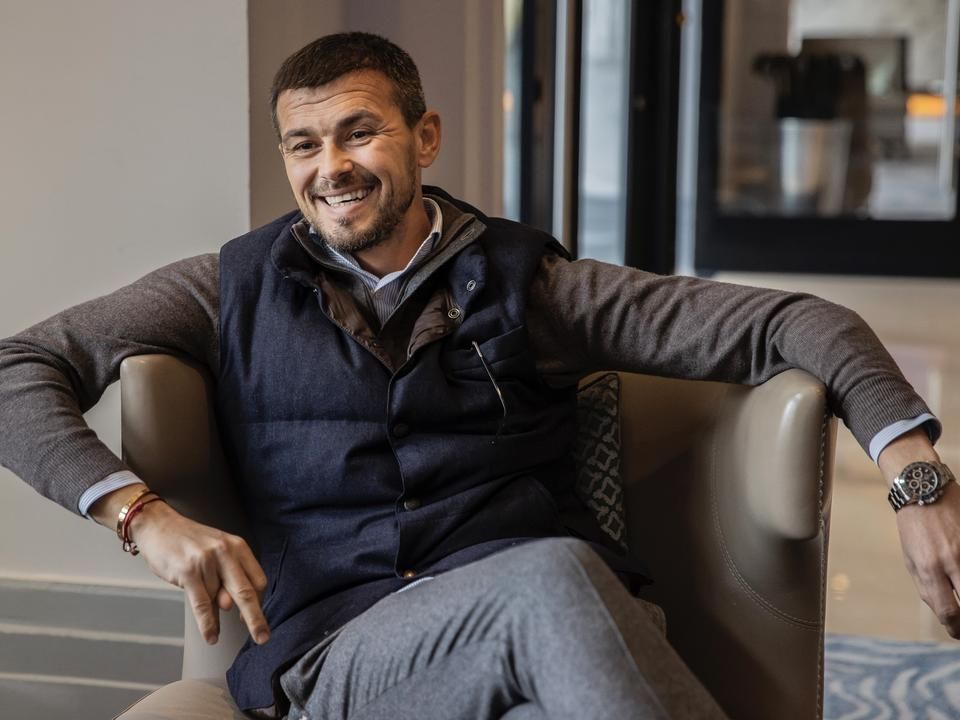
HUNGARIAN FOOTBALL NEEDS A GOOD VIDI
| On August 16, 2006, Uherské Hradiste in the Czech Republic hosted a friendly match between the Czech Republic and Serbia. It was the Serbian national team’s first-ever match and victory (3-1) in its history. The Serbians' Spanish head coach, Javier Clemente made Danko Lazović a starter, who repaid the favor with a historic goal. |
– Would you like to work in Székesfehérvár?
– In football, we never know what the future will bring, but for the moment, I'm just a Vidi fan. One thing is for sure, though: Hungarian football needs a good Vidi! Because Ferencváros deserves all the credit for what they have done in recent years, but maybe the Green and Whites wouldn't mind having a very strong rival on their home turf again.
– Would you take a job at another Hungarian club?
– Nowadays everything is given in Hungary for quality football, the surrounding countries can be envious of the infrastructure. Of course, there is room for improvement. For example, I see that we are lacking one or two really strong characters, and maybe the mentality could be better. Because of these circumstances, some players tend to get complacent, but results cannot be achieved by staying in their comfort zone. I think I can help with the experience I have gained from decades of football and the mindset that I have. However, I should also add that at the moment I have no plans to work in Hungary in the near future. Where I will work is something I would keep to myself, but I hope to be able to talk about it soon.
FAILED TO ACHIEVE THE FEAT BUT THE WORLD CUP IN SOUTH AFRICA IS A NICE MEMORY
– What you can already talk about is the World Cup. Would you venture a guess on the eventual winner?
– No, but before the start, I thought France, Brazil, Argentina or England would be the world champions. Some started the tournament well, some not so well, but my opinion still stands.
– How far can Serbia go?
– I believe it can go far. The current squad is very strong, it can be something special. The footballers are playing in top leagues, and Dragan Stojkovic is an excellent head coach. All we need is a bit of luck and we could have a good World Cup.
– Twelve years ago, you had the chance to play in the World Cup.
– My God, what a team we had! Dejan Stankovic was a leader at Inter, Nemanja Vidic was the captain of Manchester United, Milos Krasic was a Juventus player, and then there was Aleksandar Kolarov, Milan Jovanovic, Zdravko Kuzmanovic and Marko Pantelic. We had a squad full of good players, we had a good coach in the person Radomir Antic, and only Fortuna turned away from us at the most important moments. We beat Germany 1-0 but lost to Ghana and Australia, so we failed to advance from the group. It hurt us terribly because we had more in us. It's another matter that when we get together nowadays, we look back on that period with a good heart. We meet at least every two months, and we always talk about the old days - we have a lot to be proud of.
– I heard that your son also has some talent...
– He is ten years old, plays football for Partizan, and most importantly, he loves football. When I played for Vidi, he always came with me to the regeneration training after our matches, and once in a while he joined us at the end. He's a great guy, it's nice to see him in a Partizan jersey. He's a striker, he can feel the goal, but it's too early to talk about what he can do. I support him in everything, but he has to go his own way, as I did. Whenever football comes up between us, I tell him again and again to train hard, to suffer for every good moment and to love and enjoy the game - because football is only worth playing if you enjoy it.
Fordította: Orosz Vanda/translated by: Vanda Orosz
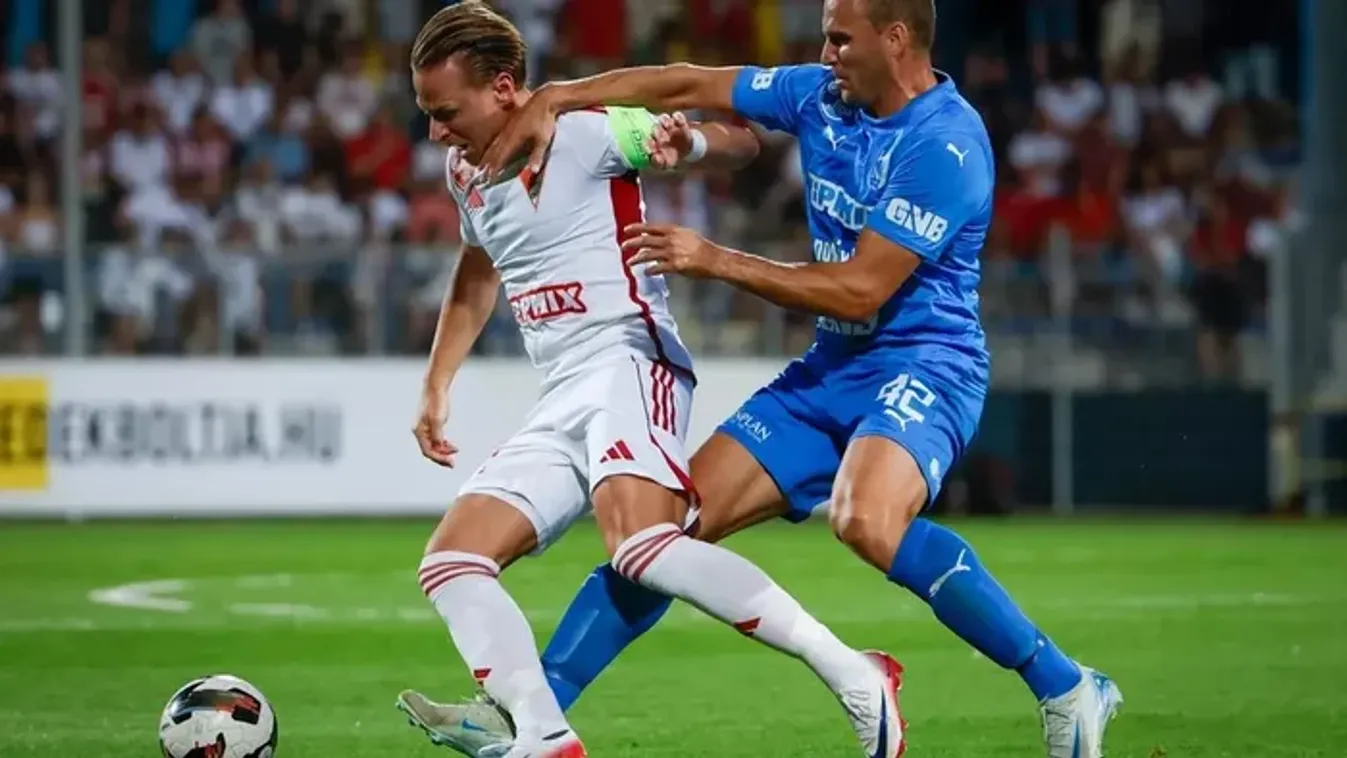
Hiba lenne leírni a kora miatt Dzsudzsák Balázst
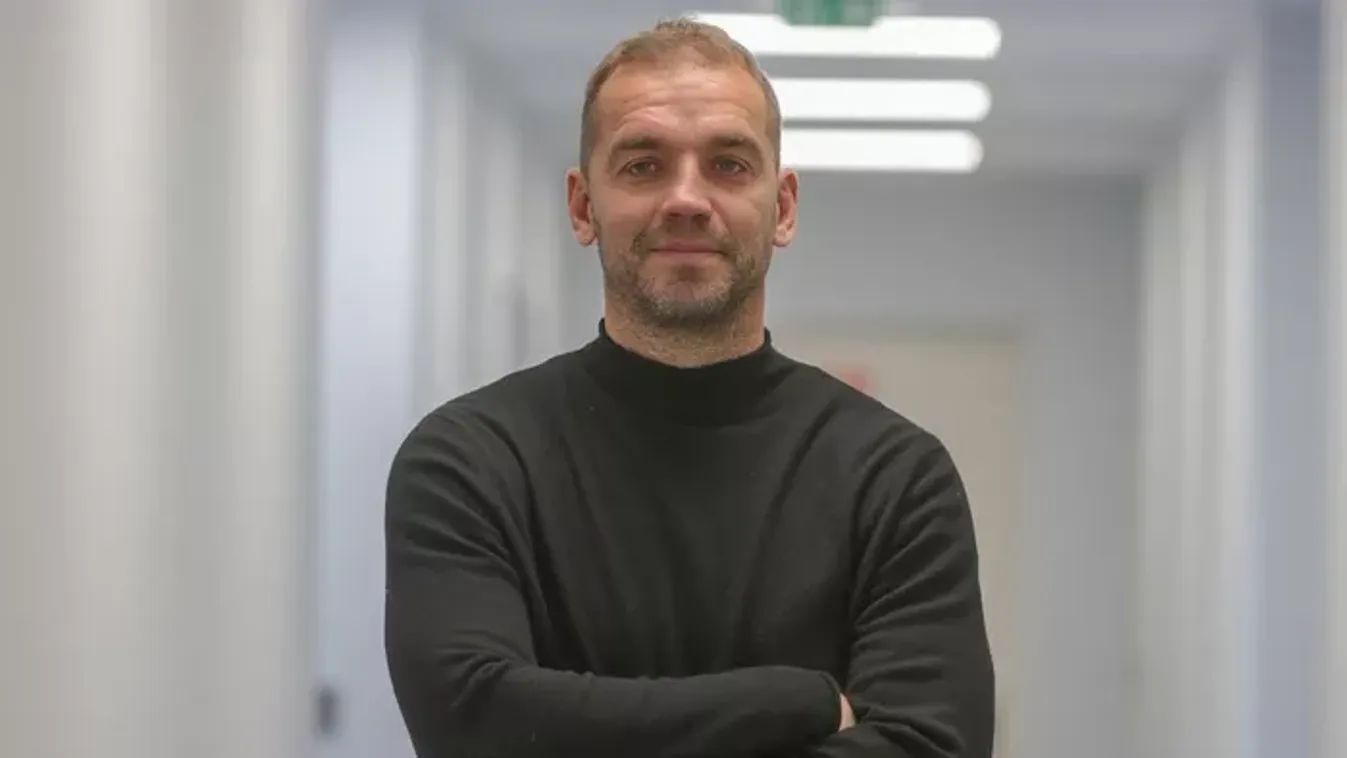
Súlyosan megsérült Juhász Roland
